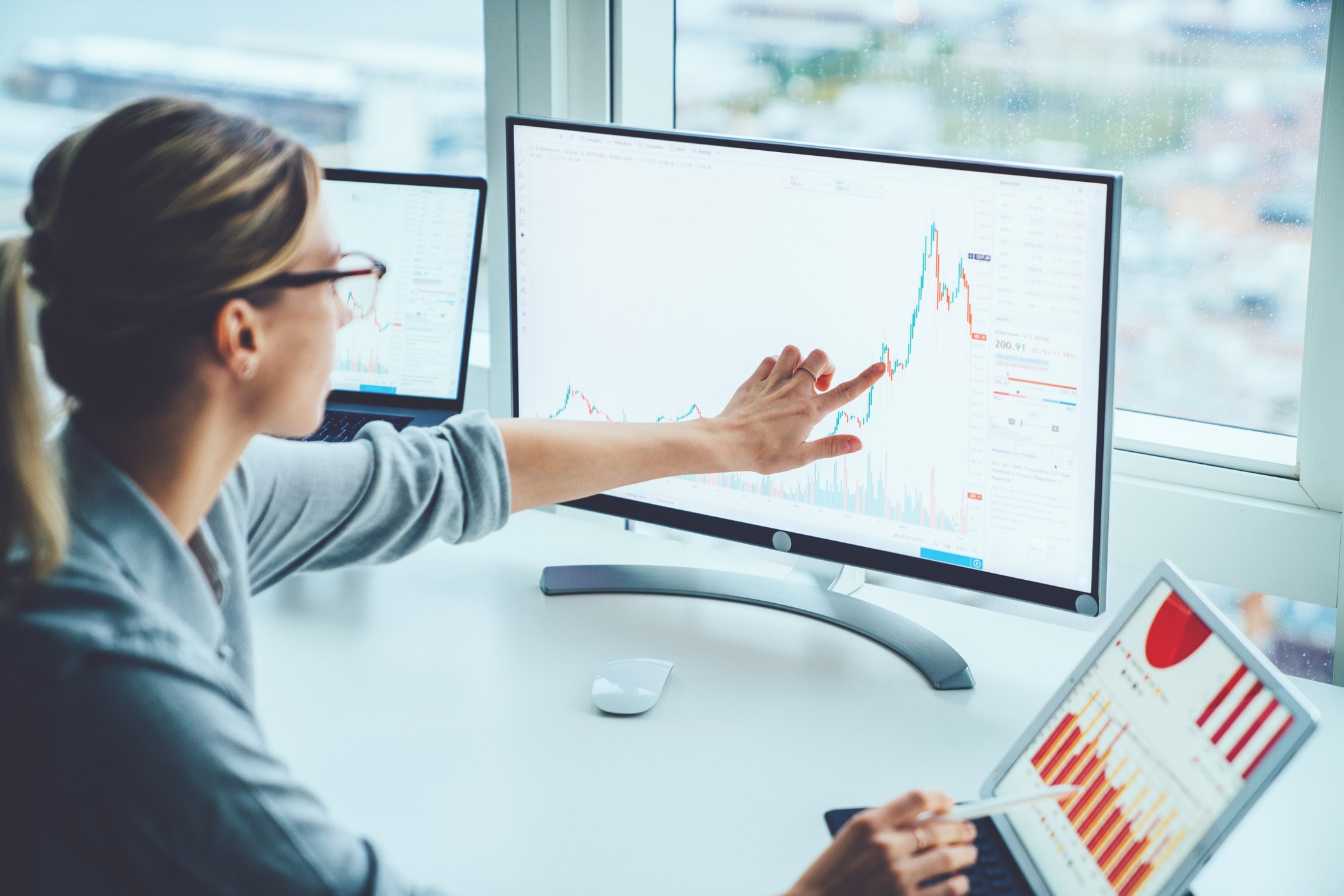


Here at Foodbuy, we’re all about transparency. Transparency of cost, information and of course where your product comes from. But we know there’s even more that food procurement companies can be doing to give clients and consumers assurances throughout the entire supply chain.
Take coffee as an example. Where were the coffee beans grown? How much are the farmers paid? How is it distributed? These are all questions that we demand of our suppliers daily. But what if we could take that one step further and share this information with our clients - from farm to fork – via a simple online system.
Karl Atkins, Chief Operating Officer, Foodbuy discusses the role of transparency and blockchain across the supply chain:
Introducing blockchain
Blockchain purchasing is a ground-breaking technology that allows a buyer to understand the full end-to-end journey of a product, ultimately helping to ensure authenticity and traceability throughout the supply chain. It’s a secure, online ledger (or record-keeping system) that tracks a product from source (i.e. where the coffee beans were grown) through the entire supply chain. Each subsequent transaction or hand-off, for instance the grinding of the coffee beans, is recorded and used to track every component of the finished good.
The result, absolute certainty of where your coffee has come from, who has been involved and even better for procurement professionals like us… insight into how we can create operational efficiencies.
Blockchain is already revolutionising several different industries, so could food procurement be the next?
We keep our fingers on the pulse, and it’s exactly these types of innovations that we are always looking to explore and implement for our clients. We’re already using forensic traceability with Oritain in a foodservice first partnership, and now we’re exploring how we can implement blockchain with some of our supplier partners.
If you’re interested in learning more, contact us here for more information.
